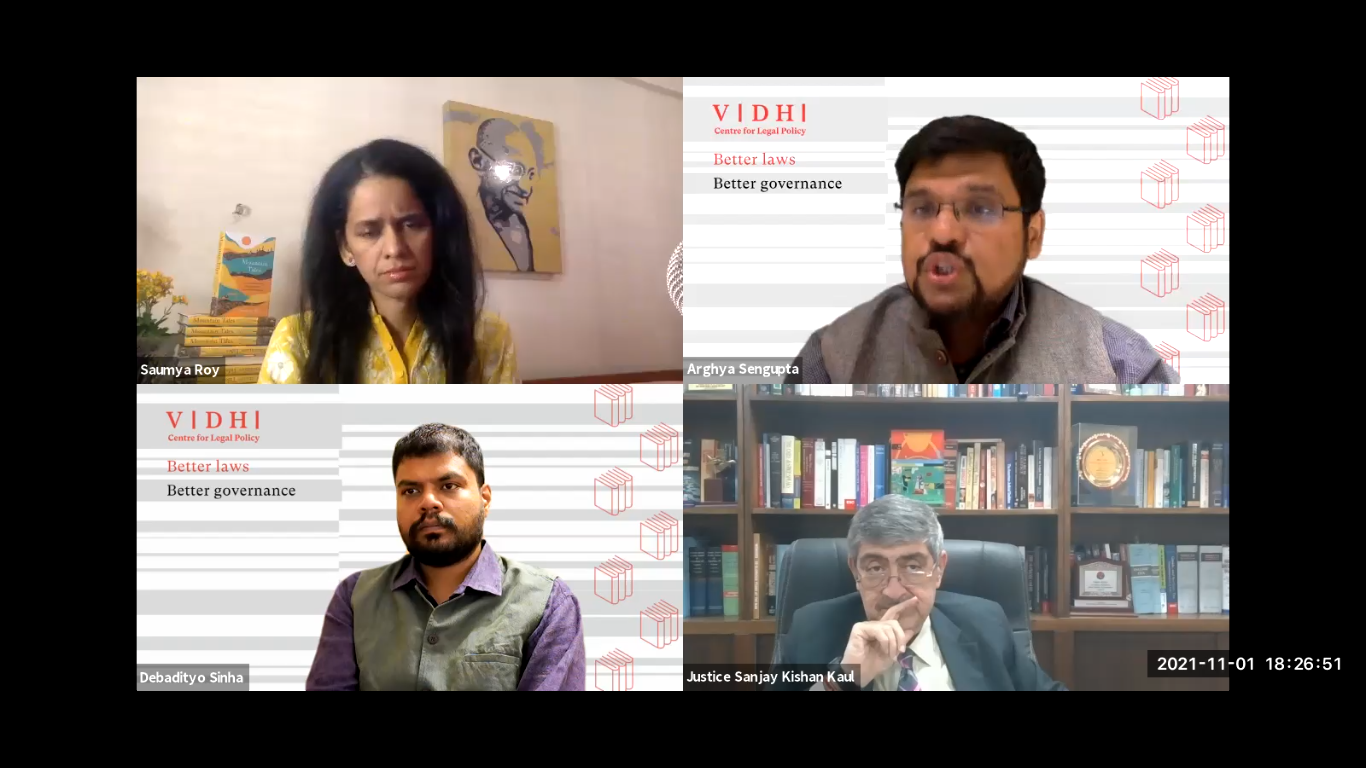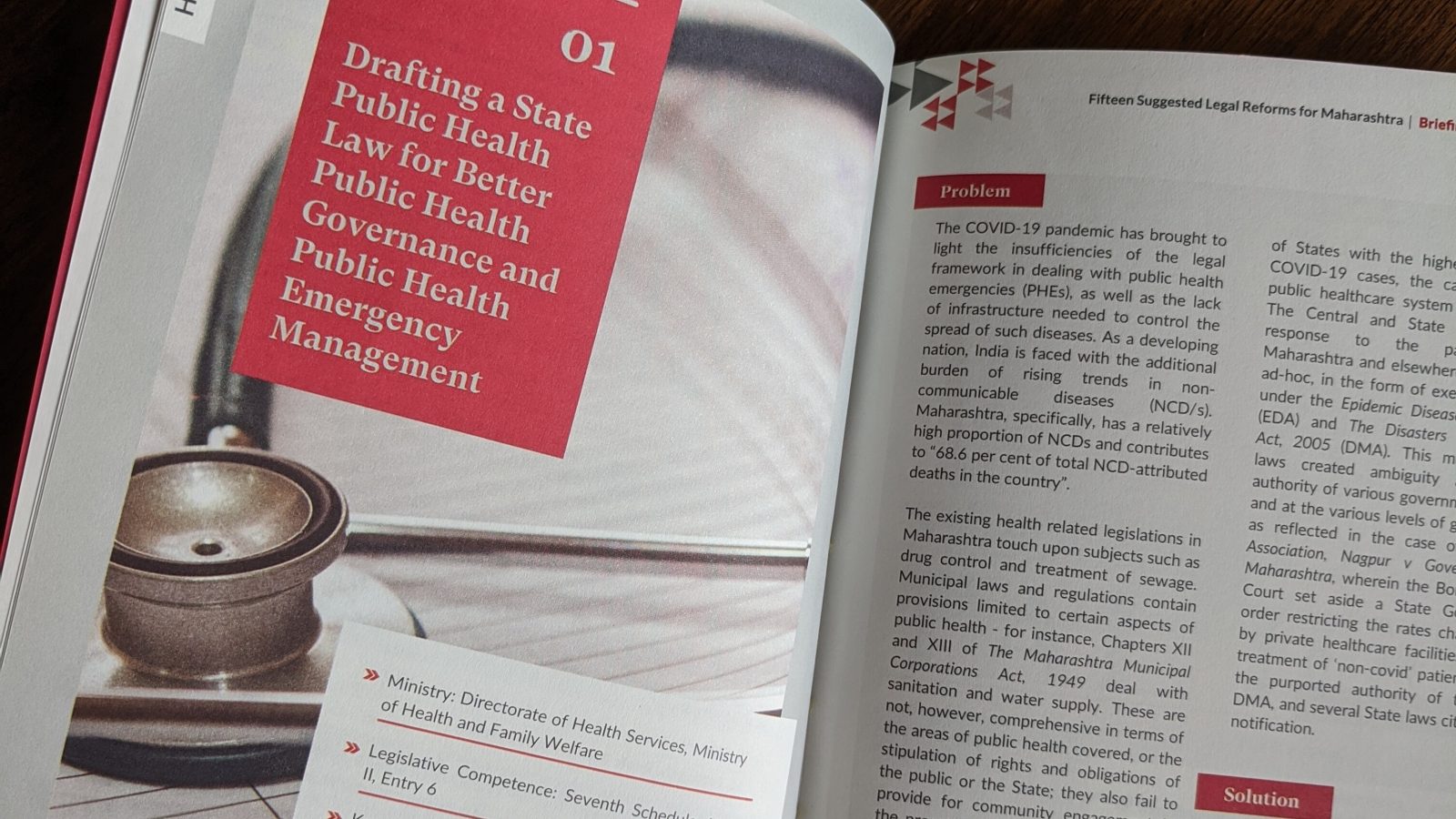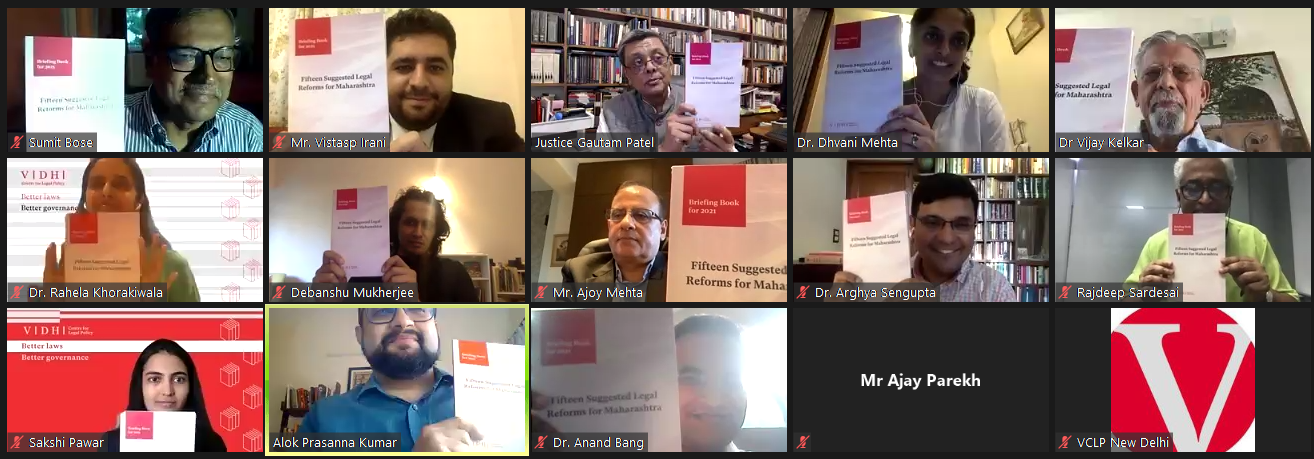India records one of the world’s highest rates of malnutrition and stunting among young children. This, when juxtaposed with a growing economy and burgeoning agricultural sector, seems to be an anomaly but a deeper look provides the answer – poor hygiene practices and lack of sanitation. Even though the Union Government has made a concerted effort to increase spending on initiatives to build toilets and improve hygiene, sanitation and hygiene is still not addressed in a holistic manner.
This requires every agency – from the smallest panchayats to the city corporations of the largest metros – to have proper systems and capacity to handle waste and provide sanitation services. The role of the law is critical in this regard – it must mandate the proper handling of waste at all levels and create clear obligations and responsibilities for the various authorities and persons involved. Equally importantly, there is a need to put an end to manual scavenging, to protect the rights of waste-pickers and ensure that waste management is done in an equitable and constitutional manner.
To this end, Vidhi’s work has focused on the legislative frameworks for waste management in both rural and urban areas in Karnataka. It has also worked on the issues of the rights of waste pickers and to determine how they may be protected in recognition of their valuable service in recycling and waste management in cities.
Vidhi Karnataka will be working with the state and municipal governments, along with civil society organisations working in this area, to ensure that Karnataka leads the country in creating sanitation and recycling infrastructure, while also protecting the livelihoods of those who depend on these activities.


